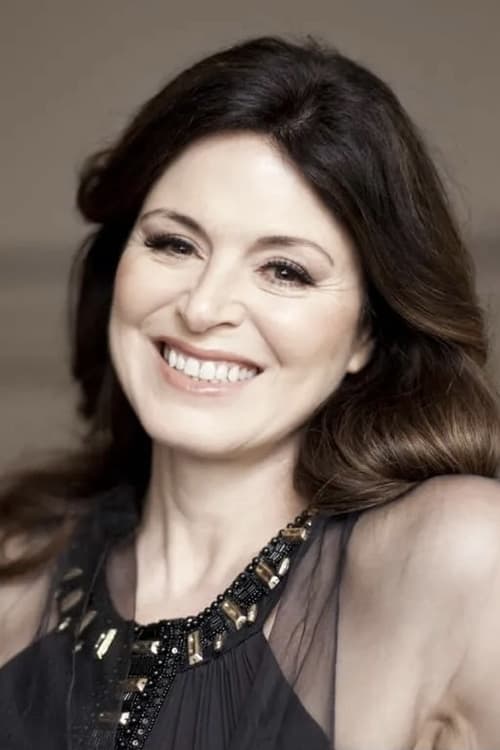
Anna Caterina Antonacci is widely acknowledged as a major artist, and her extraordinary vocal timbre and great acting skills have enabled her to perform a vast and varied repertoire in the world's most important theatres. She has scored notable personal success as Cassandre (Les Troyens) with Sir John Eliot Gardiner at the Théâtre du Châtelet Paris, Incoronazione di Poppea at the Théâtre des Champ...
Explore all movies appearances

Based on true events of the late 60s in Italy, poet, playwright and myrmecologist Aldo Braibanti is prosecuted and sentenced to prison for the love he shares with his barely-of-age pupil and friend, Ettore. Amidst a chorus of voices of accusers, supporters and a largely hypocritical public, a single committed journalist takes on the task of piecing together the truth, between secrecy and desire, facing suspicion and censorship in the process.
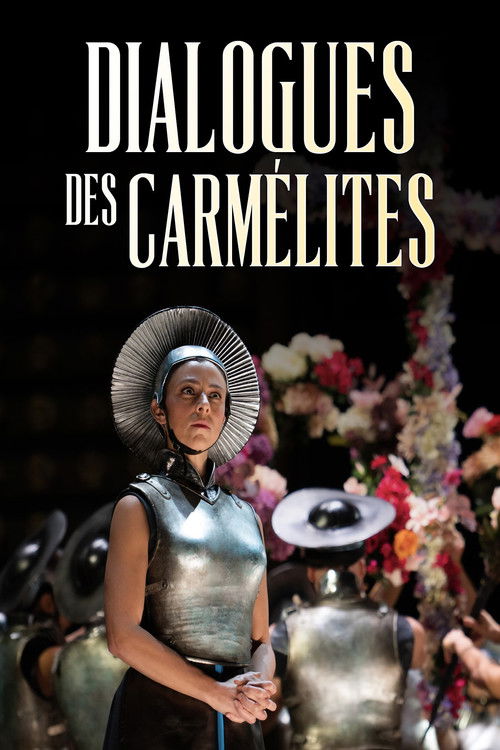
Dialogues of the Carmelites. Opera in three acts and twelve scenes by Francis Poulenc, based on the play by Georges Bernanos. Orchestra and Chorus of the Teatro dell'Opera di Roma conducted by Michele Mariotti, directed by Emma Dante.
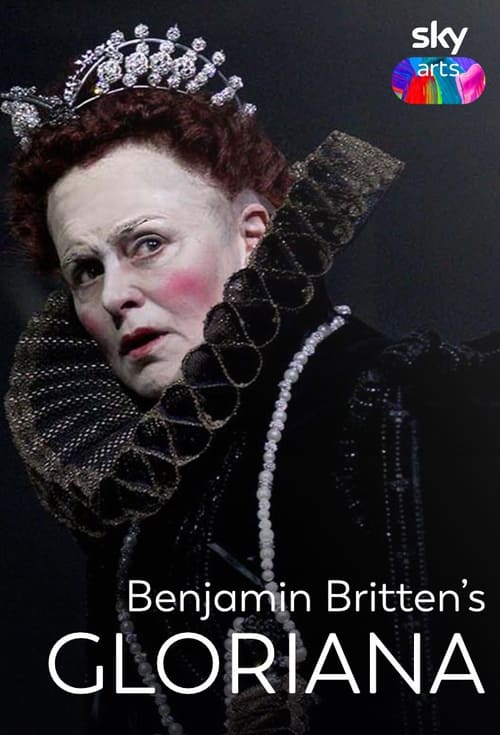
Performed at Madrid's historic Teatro Real in 2018, Ivor Bolton conducts Benjamin Britten's opera based on Lytton Strachey's 1928 Elizabeth and Essex: A Tragic History. In her repeated clashes with the Earl of Essex-a longtime favorite of the queen who was ultimately put to death for treason-Elizabeth I is depicted as flawed and vain, human and sympathetic.
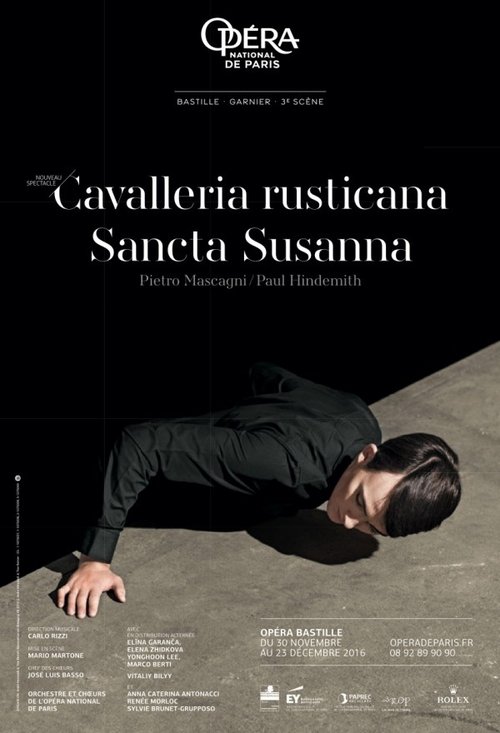
Klementia, who has been a nun for several years, is troubled by an apparition of Saint Susanna. The latter, performed by Anna Caterina Antonacci, lifts the veil on a carnal world she finds disturbing. Encouraged to confide by this awakening, Klementia recounts the passion of a young girl in the convent who many years before had stripped naked and embraced the body of Christ on the Cross. Darkness and light, life and death, body and soul all struggle and dialogue in this short, smouldering work in which the biblical figure of Susanna takes on an unparalleled psychological dimension.
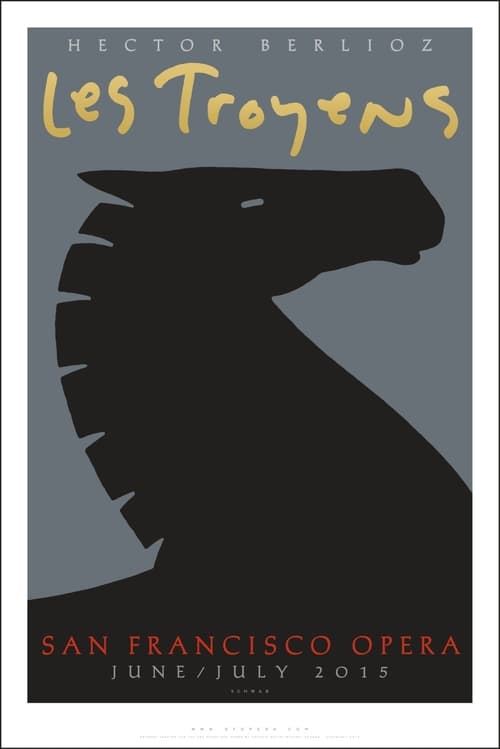
Witness the fall of Troy and the rise of an even greater nation in Hector Berlioz’s monumental five-part epic The Trojans. Opera legend Susan Graham, a master of the French opera repertoire, leads the cast as the lovesick queen Dido, who welcomes the Trojan refugees to her shores—only to have her heart broken by one of their heroes.
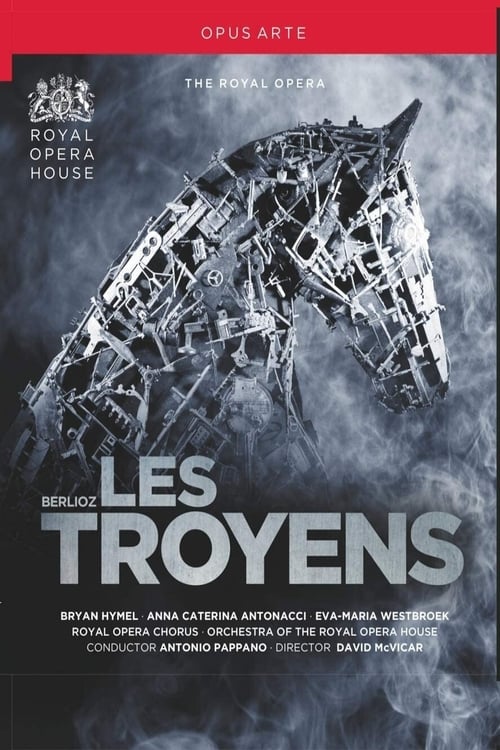
After the destruction of Troy, the Trojan warrior Énée sets out on a journey to found a new dynasty. He meets Didon, Queen of Carthage, and falls in love. But will Énée's love for Didon prove stronger than his sense of duty? LES TROYENS ('The Trojans') is a tour de force of music that ranges from fiery military marches to intense choruses, passionate soliloquies – such as those of the prophetess Cassandre – and the lyrical love duets of Didon and Énée. It is Hector Berlioz's largest work and he wrote the libretto himself, drawing upon his intimate knowledge of Virgil's Aeneid. To the composer's disappointment, LES TROYENS was only performed once in full during his lifetime and was often presented in shortened form during the 20th century. The Royal Opera's production provides a rare chance to see this epic work in its entirety. David McVicar's staging is on an enormous scale, assembling one of the largest casts ever seen at Covent Garden.
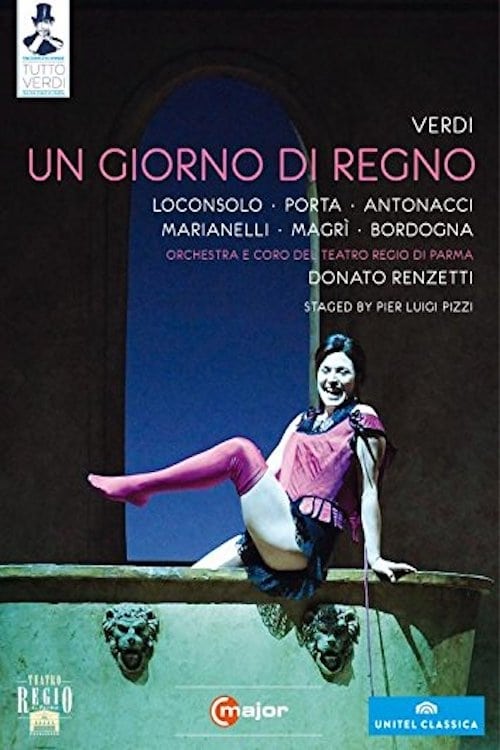
Part of Tutto Verdi series - Un giorno di regno (2010) Parma. 'Un giorno di regno, ossia il finto Stanislao' ('A One-Day Reign, or The Pretend Stanislaus', but often translated into English as 'King for a Day') is an operatic melodramma giocoso in two acts by Giuseppe Verdi to an Italian libretto written in 1818 by Felice Romani. Originally written for the Bohemian composer Adalbert Gyrowetz, the libretto was based on the play 'Le faux Stanislas' written by the Frenchman Alexandre Vincent Pineu-Duval in 1808.
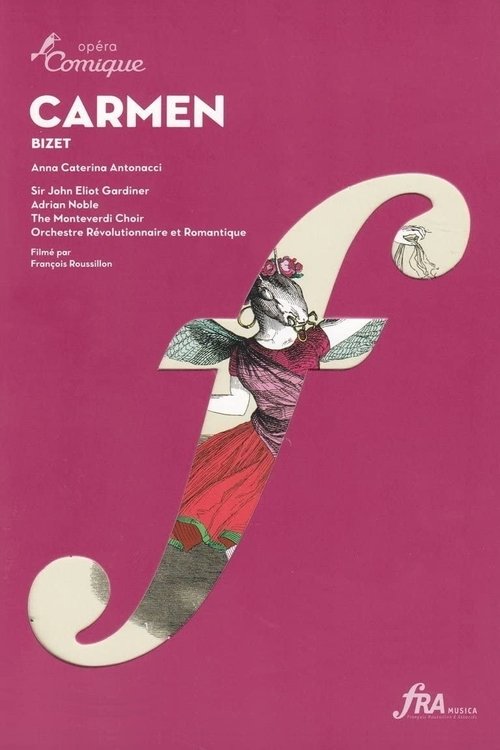
About the Director: John Eliot Gardiner is one of the most versatile conductors of our time. Acknowledged as a key figure in the early music revival, he is the founder and artistic director of the Monteverdi Choir, the English Baroque Soloists and the Orchestre Révolutionnaire et Romantique. The extent of his repertoire is illustrated in over 250 recordings which have received numerous international awards. Over the years Gardiner has won more Gramophone awards than any other artist. Probably the most francophile of English conductors, John Eliot Gardiner returned to the Opéra Comique, Paris for a much aclaimed production of Carmen last year. On June 25th it was broadcast live to 50 theatres in France and Switzerland and also recorded for TV. This followed an exciting collaboration that began in December 2007 with Chabrier s Opera bouffe L'Etoile, which had opened the new theatre at Opera Comique in December 2007.
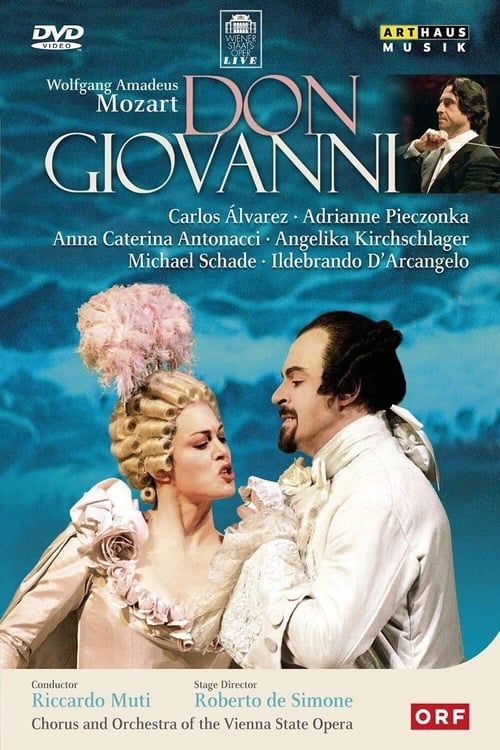
Wolfgang Amadeus Mozart's Don Giovanni is performed live at the Theater an der Wien in this 1999 production starring Carlos Alvarez in the title role and featuring the music of the Choir and Orchester der Weiner Staatsoper performing under the guiding wand of conductor Riccardo Muti.
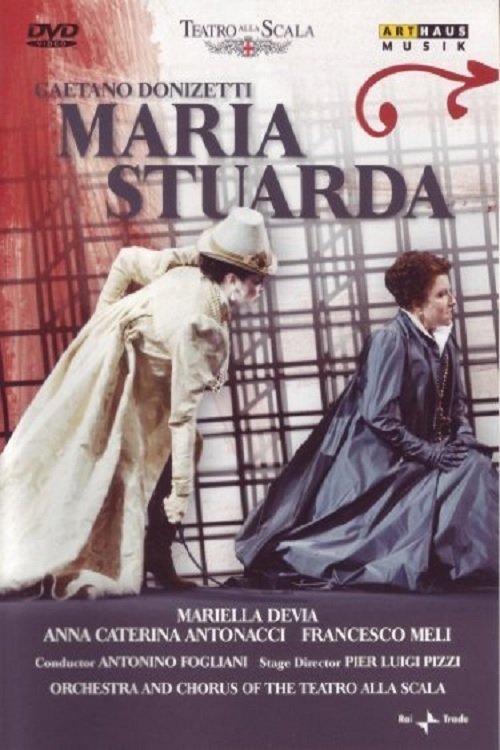
Two queens on one island. A recipe for disaster. Especially as both have a legitimate claim to the other's throne. They are, after all, related... So the power politics are the name of the game. And, for reasons of state, one of the heads that wears a crown has to roll. Maria Stuarda was laid to rest for more than a hundred years, finally being revived in 1958 in Bergamo under conductor Oliviero de Fabritiis. However the real breakthrough for the opera finally came with Giorgio de Lullo's Florentine production for the Maggio Musicale in 1967 (with set design and costumes by Pier Luigi Pizzi, director, set designer and costume designer at La Scala in 2008). As the two queens, Leyla Gencer and Shirley Verrett, set the vocal standards. Since then, the triumph of Maria Stuarda has been unstoppable.
Subscribe for exclusive insights on movies, TV shows, and games! Get top picks, fascinating facts, in-depth analysis, and more delivered straight to your inbox.